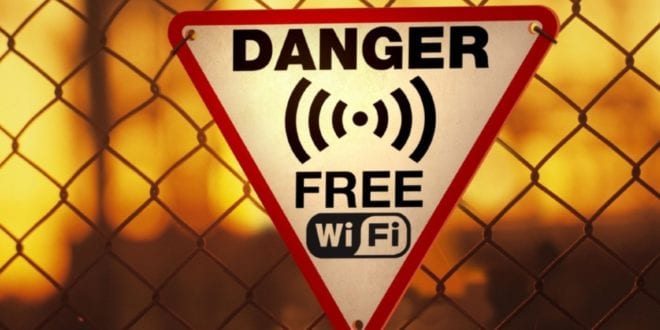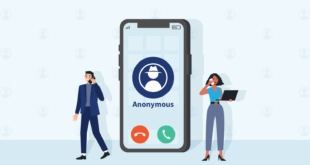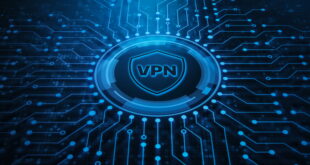We are so used to having access to the internet that we cannot imagine functioning without it. How could you do anything, without checking your Facebook notifications every 15 minutes, right? If for some reason, you run out of your data plan, a public Wi-Fi might seem like a life-saver. Unfortunately, not all that glitters is gold, and public Wi-Fi could be the cause of severe problems. In a second you’ll learn why you shouldn’t ever use public Wi-Fi. Let’s go!
Public Wi-Fi? Where?
In the past, public Wi-Fi could be commonly found at airports, but the times have changed, and you are likely to find one in hotels, malls, or coffee shops.
It is often free, and if something is free, then it cannot hurt your wallet, right? Wrong!
The dangers of public Wi-Fi

According to the experts at SecurityGladiator, if you ever find yourself having to connect to public Wi-Fi, at least avoid sharing your information anywhere. It means that you shouldn’t log in to Facebook, your email account or risk-sharing your personal data with anyone. Well, but why? Is it unusually unsafe? Well… Yes! Okay, so why, if it is possible, you should avoid connecting with the public Wi-Fi?
MitM attacks
If you are afraid that someone might be observing everything that you do on the internet, well, your fears aren’t entirely unfounded. When you connect to the internet, the data is being sent from your device to the server. If an attacker were to get “in-between”, he could access your entire browsing history, possibly with tragic consequences.
Networks with faulty encryption
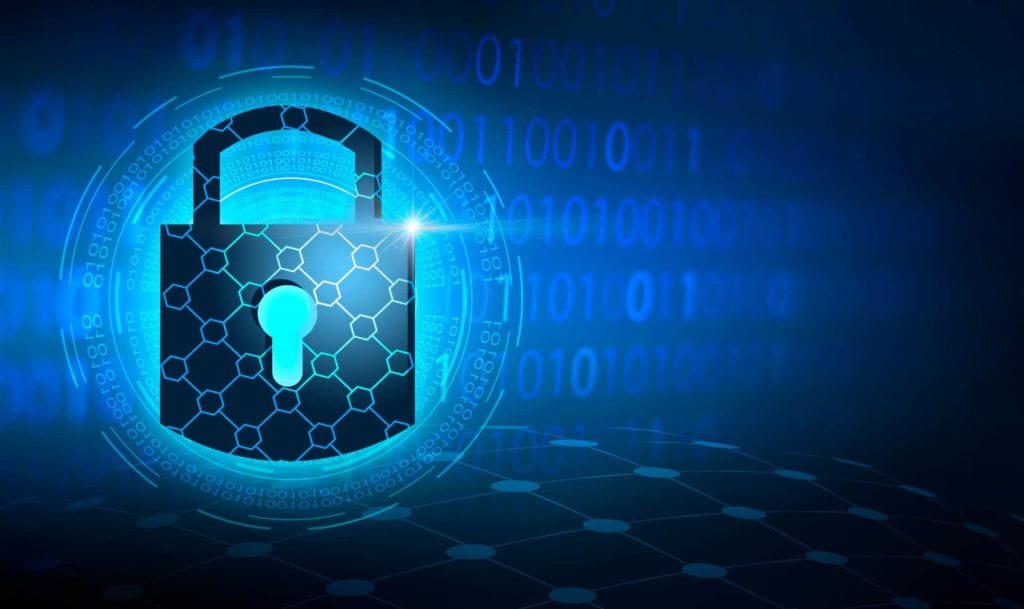
Theoretically, all the data sent from your device to the server should be encrypted, which means that even if someone were to access it, it wouldn’t be of much use. Sometimes, though, due to an error during the setting up of the network, someone might forget to switch the encryption on. If that’s the case, all your data might get compromised.
Malware attacks
The protection of public networks leaves a lot to be desired. It means that hackers could slip through the defenses and infect the systems with some type of malicious programs. Using the inherent vulnerabilities of such networks, hackers could quickly gain access to multiple devices.
Wi-Fi snooping
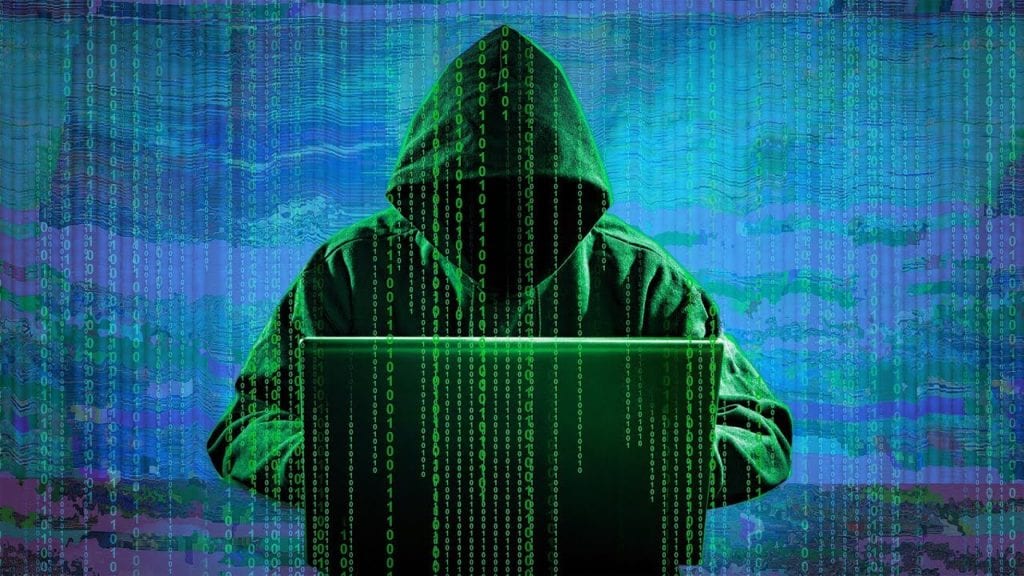
There might be a fear lurking in the back of your head that there is a tiny secret hole somewhere in the wall of your hotel room, and it doesn’t mean that you are under constant observation, but you cannot be certain. Sure, you might not be doing anything illegal, but it doesn’t mean that you would agree to this lack of privacy.
When it comes to public Wi-Fi networks, hackers often use specialized software to see your entire online activity. If you have visited any websites that required you to enter login or password, or even had it auto-filled, then you might be in big trouble.
Fake Wi-Fi spots
Another technique used by criminals is to set up fake Wi-Fi spots that are named in a way to trick people into accessing them. It is unusually easy, as no one usually checks the exact name of the Wi-Fi – if it is close, it is generally good enough. Unfortunately, if you do access a malicious Wi-Fi spot, you are likely to get into big trouble, with your bank logins, and other private data being compromised.
It is easy to avoid that!
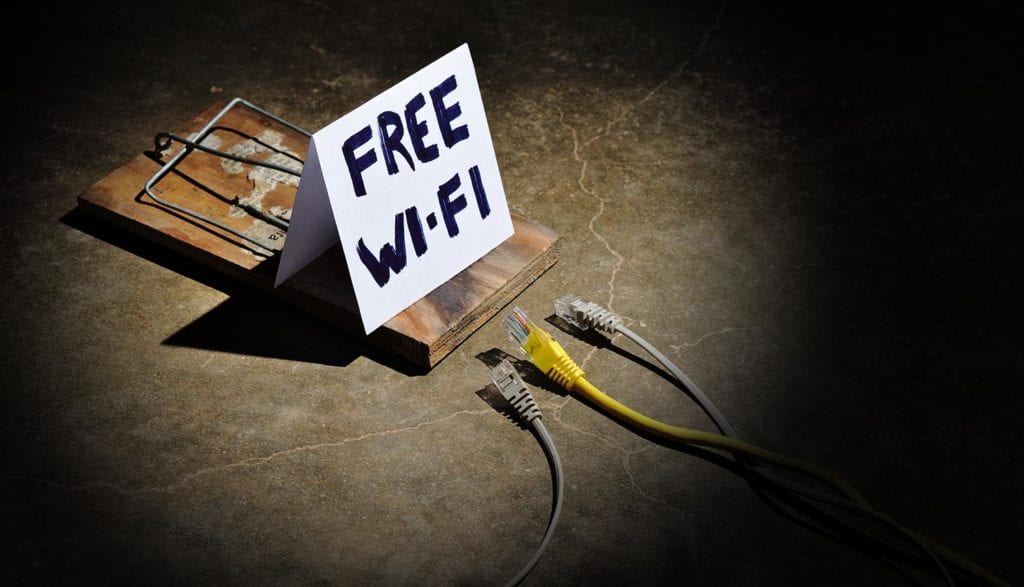
Depending on what you need access to the internet for, you could try planning things in advance, and avoid using public Wi-Fi altogether. If you want to watch some tv-series while you wait at the airport, you could download the episodes in your home. If you want to send a message to someone, perhaps you could just call instead?
But what if you absolutely need to?
One way of dealing with this problem is to have a VPN installed on your device. VPNs (Virtual Private Networks) make it more difficult for third parties to gain access to our browsing history, which means that if there’s no other way, a VPN will make the process much safer. You connect with the private network that is almost impossible to hack.
As a rule of thumb, when it comes to VPNs, you should avoid free VPNs. There is a significant chance that they could have several malicious lines of code. A study conducted in 2016 found out that almost 40% of the tested free VPNs had some kind of malware. You might be just fine, but it’s better not to risk your safety, and choose a trusted brand. This way, your browsing history will be entirely secure, you’ll be free from any malicious attacks, and you won’t have to deal with a poor internet connection.
 Imagup General Magazine 2024
Imagup General Magazine 2024
